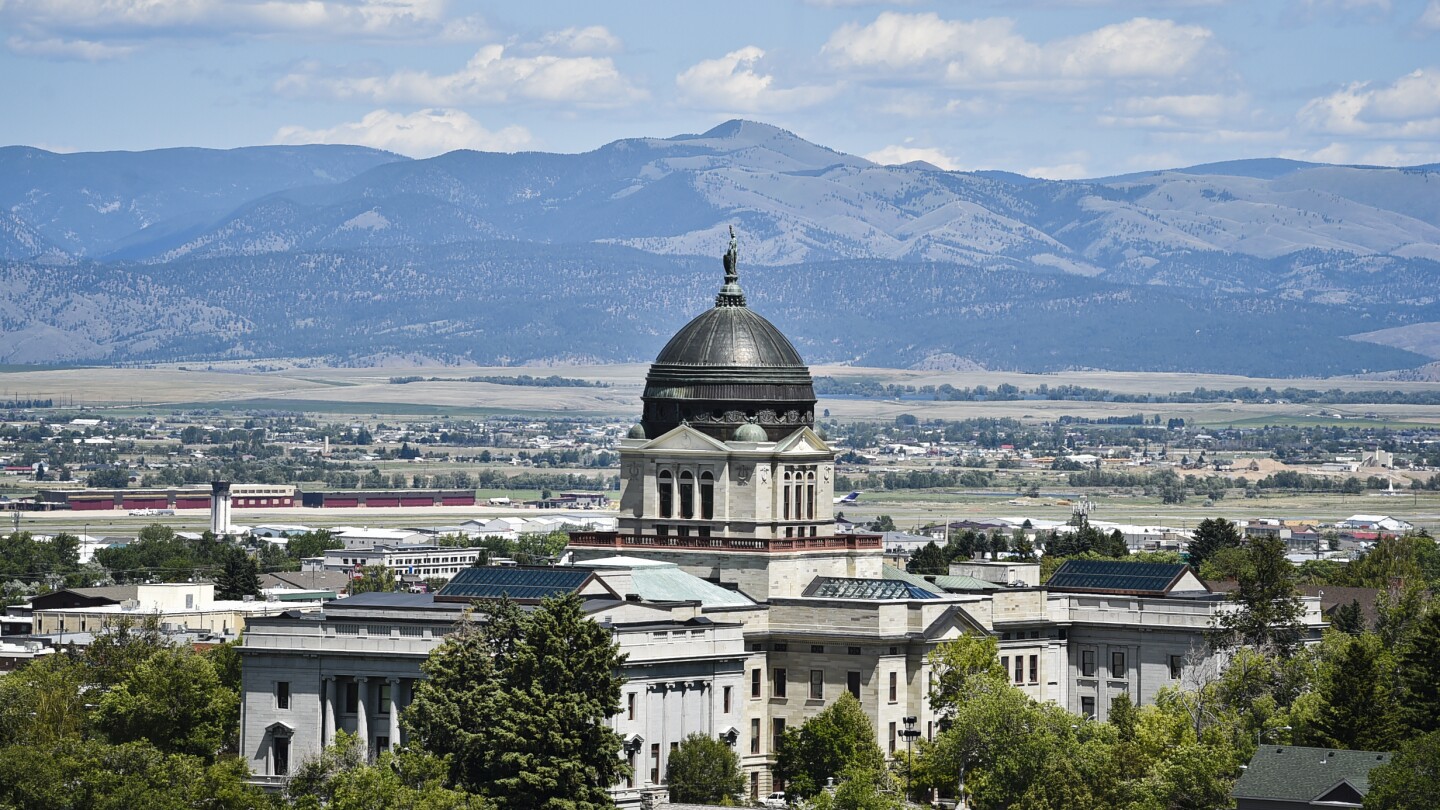- cross-posted to:
- legalnews@lemmy.zip
- cross-posted to:
- legalnews@lemmy.zip
Montana’s Supreme Court ruled Wednesday that minors don’t need their parents’ permission to get an abortion in the state – agreeing with a lower court ruling that found the parental consent law violates the privacy clause in the state constitution.
“We conclude that minors, like adults, have a fundamental right to privacy, which includes procreative autonomy and making medical decisions affecting his or her bodily integrity and health in partnership with a chosen health care provider free from governmental interest,” Justice Laurie McKinnon wrote in the unanimous opinion.
The ruling comes as an initiative to ask voters if they want to protect the right to a pre-viability abortion in the state constitution is expected to be on the Montana ballot in November. County officials have verified enough signatures to qualify the issue for the ballot, supporters have said. The Secretary of State’s Office has to certify the general election ballots by Aug. 22.



The supremacy clause would be relevant if abortion were outlawed federally, but that hasn’t happened, so there is no conflict.
A fine reasoning, if that were in any way the discussion at hand.
The legality or illegality of abortion is immaterial here. The case in question is about privacy, but specifically we’re talking about whether the Federal government can interpret the Montana state constitution (they can).
My “I could see…” was a reference to a reinterpretation of laws/precedent/whatever by the SCOTUS to overrule the state Supreme Court decision. We’ve seen a number of questionable rulings from this SCOTUS, and I would not doubt they would find any justification to legislate from the bench on what seems to be a pet cause of the majority.
SCOTUS doesn’t interpret the state constitution. The state courts do that. SCOTUS then takes the state interpretation as fact and judges if it violates the supremacy clause of the US constitution.